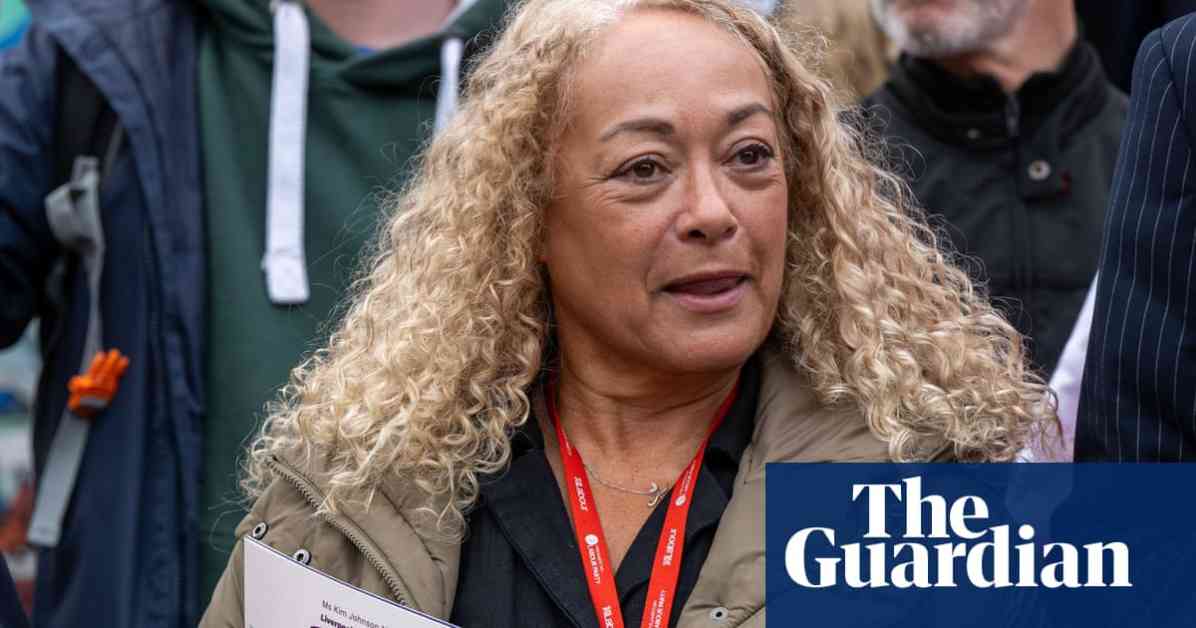In a powerful call for justice, Labour MP Kim Johnson of Liverpool Riverside is urging Keir Starmer to address the historical wrongs inflicted upon black children who were wrongly designated as “educationally subnormal” (ESN) and subsequently placed in schools for disabled students. Johnson’s plea for a public inquiry seeks to shed light on the enduring impacts of this scandal within the education system, emphasizing the persistent racial barriers that continue to hinder equitable learning opportunities for black students. The debate held in parliament recently served as a platform for survivors, advocates, legal experts, educators, and mental health professionals to share their harrowing experiences and insights, underscoring the urgent need for accountability and redress.
Survivors Speak Out: Unveiling the Trauma
During the parliamentary session, poignant testimonies from individuals like Noel Gordon and Rene Stephens laid bare the deep scars left by the misguided policies that relegated black children to ESN schools. Gordon vividly recounted the moment he was labeled a “dunce” at the tender age of six, setting off a chain of abuse and neglect that haunted his formative years. Stephens, on the other hand, tearfully recounted instances of physical and sexual assault he endured while navigating an education system that callously overlooked his welfare and educational needs. These personal narratives serve as poignant reminders of the human toll exacted by systemic discrimination and institutional failures, amplifying the urgency of rectifying past injustices.
Long Shadow of Injustice: Contemporary Implications
Denise Davidson’s poignant recollection of her experience underscores the enduring legacy of the ESN scandal, casting a sharp light on the insidious ways in which racial biases continue to shape educational outcomes for black students today. Johnson’s astute observation that the structural inequities that once consigned black children to ESN schools persist in the form of disproportionate placement in pupil referral units and alternative provision underscores the urgent need for systemic reform and proactive measures to dismantle the school-to-prison pipeline. The profound impact of this historical trauma reverberates through successive generations, underscoring the imperative of addressing structural racism within the education system to ensure equitable access to learning opportunities for all students.
Reflecting on the survivors’ poignant testimonies, Johnson remarked that their voices served as a poignant reminder of the enduring legacy of this injustice, urging policymakers to confront the systemic barriers that continue to impede educational equity for black students. While the government’s stance on establishing a public inquiry remains uncertain, Johnson’s impassioned advocacy and unwavering commitment to justice underscore the critical imperative of reckoning with the past to build a more equitable future for all learners. As the echoes of past injustices reverberate through the corridors of power, the imperative of confronting systemic racism within the education system looms large, demanding a concerted effort to dismantle entrenched barriers and foster inclusive learning environments that empower every student to thrive and succeed.







